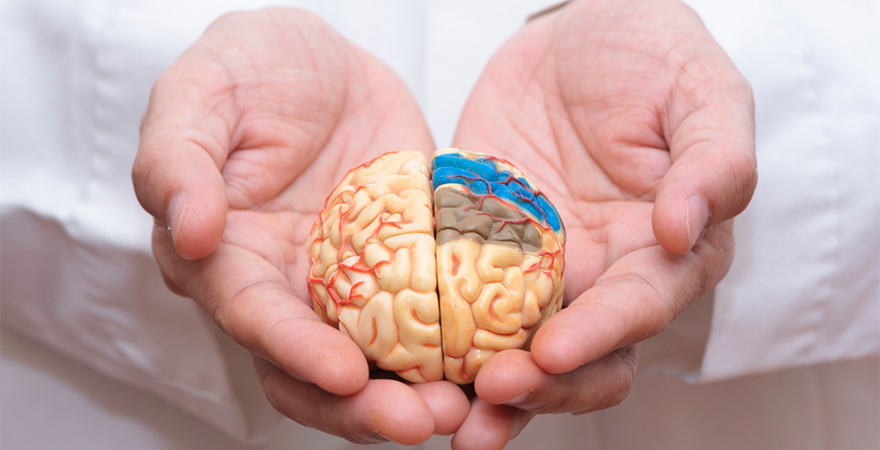
June 26, 2024
Traumatic Brain Injury (TBI) is a life-altering condition that impacts not only the individual affected but also their families and support networks.
Among the key figures in the recovery process are caregivers, whose roles are both challenging and indispensable. In this blog, we will explore the critical role of caregivers in TBI recovery, their interactions with various medical fields, and strategies to manage and support both the patient and themselves effectively.
Let’s see our topics for the blog!
Understanding TBI and Its Multidisciplinary Management
TBI occurs when a sudden trauma causes damage to the brain. The severity can range from mild concussions to severe brain injuries, each requiring different levels of care and rehabilitation.
Neurology is at the heart of TBI management, as neurologists diagnose and monitor the condition through imaging and other diagnostic tools. However, effective TBI care extends beyond neurology to involve multiple medical disciplines.
The Multidisciplinary Approach to TBI
- Neurology: Neurologists play a pivotal role in diagnosing TBI, assessing the extent of brain damage, and developing treatment plans. Their expertise is crucial in managing neurological symptoms and preventing complications.
- Rehabilitation Medicine: Physical therapists, occupational therapists, and speech therapists are integral to the rehabilitation process. They work with patients to regain motor skills, improve daily living activities, and enhance communication abilities.
- Psychiatry and Psychology: TBI often results in psychological and emotional challenges, including depression, anxiety, and mood swings. Psychiatrists and psychologists provide essential mental health support through counseling and medication management.
- Emergency Medicine: In acute cases, emergency physicians stabilize TBI patients, perform necessary surgeries, and manage immediate life-threatening conditions.

The Vital Role of Caregivers
Caregivers often provide daily assistance, emotional support, and coordinate medical care, ensuring the patient’s needs are met consistently. Their roles can be categorized into several key areas:
- Daily Living Assistance: Caregivers help with activities of daily living (ADLs) such as bathing, dressing, and feeding. This support is crucial, especially in the initial stages of recovery when patients may be unable to perform these tasks independently.
- Medical Management: Administering medications, managing appointments, and monitoring symptoms are critical tasks that caregivers handle. They act as a bridge between the patient and the medical team, ensuring that the treatment plan is followed correctly.
- Emotional Support: TBI recovery is often accompanied by emotional and psychological challenges. Caregivers provide essential emotional support, helping patients cope with frustration, mood swings, and feelings of helplessness.
- Advocacy: Caregivers often advocate for the patient’s needs, whether it’s negotiating with insurance companies, seeking additional medical opinions, or accessing community resources.
The Interconnectedness of Caregiving and Medical Fields
Caregivers work closely with medical professionals to ensure comprehensive care for TBI patients. For instance, they may need to coordinate with:
- Neurologists: For regular check-ups and managing neurological symptoms.
- Rehabilitation therapists: For ongoing physical, occupational, and speech therapy sessions.
- Psychiatrists and psychologists: For mental health support and managing emotional challenges.
- Primary care physicians: For overall health management and addressing any other medical issues.

The role of caregivers in TBI recovery cannot be overstated. They are the backbone of daily care, medical management, and emotional support, working tirelessly to improve the quality of life for TBI patients. By understanding the multidisciplinary nature of TBI management and adopting effective caregiving strategies, caregivers can navigate the complexities of TBI recovery more effectively.
In our journey through TBI recovery, one thing becomes clear: with the dedication and support of caregivers, combined with the expertise of medical professionals, there is always hope for improvement and a better quality of life.
At Synergex Med, we are committed to supporting both TBI patients and their caregivers, providing the resources and care needed to navigate this challenging journey. Together, we can make a significant difference in the lives of those affected by TBI.


